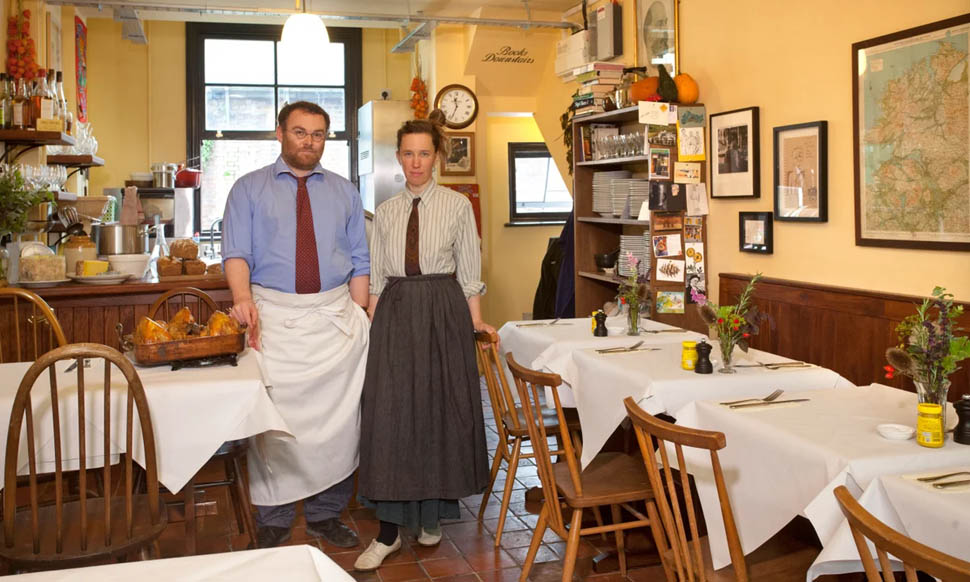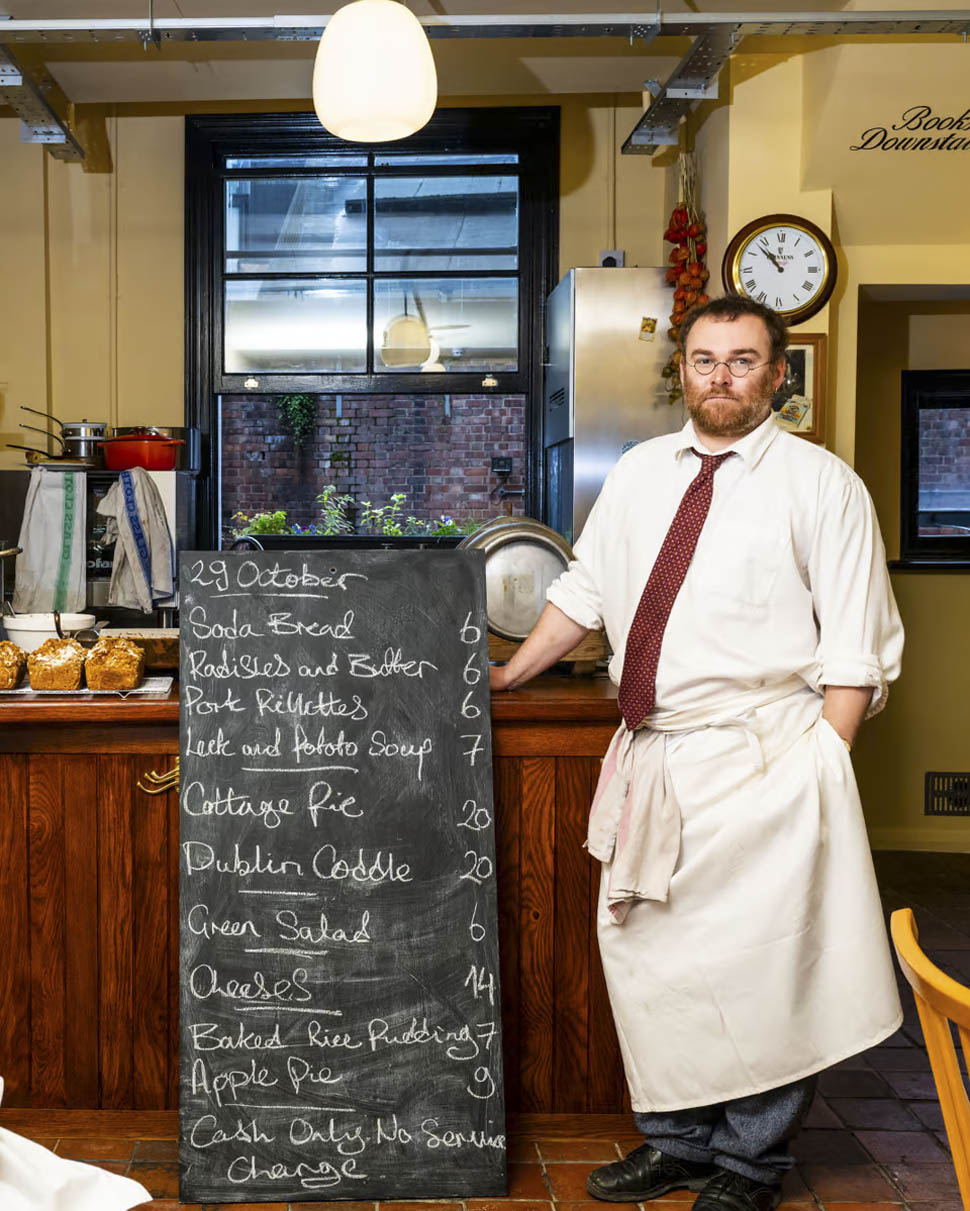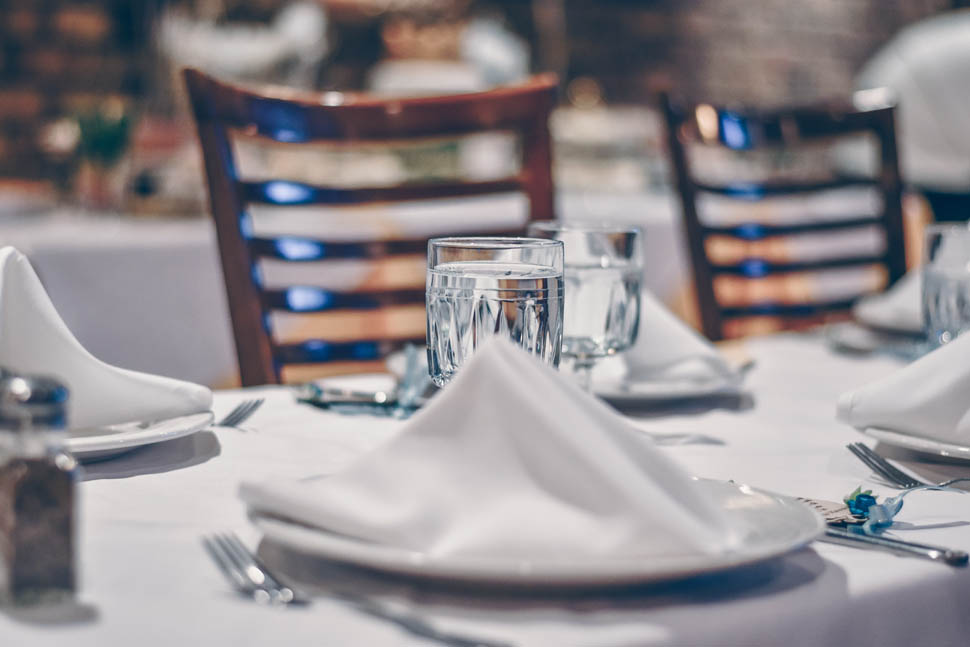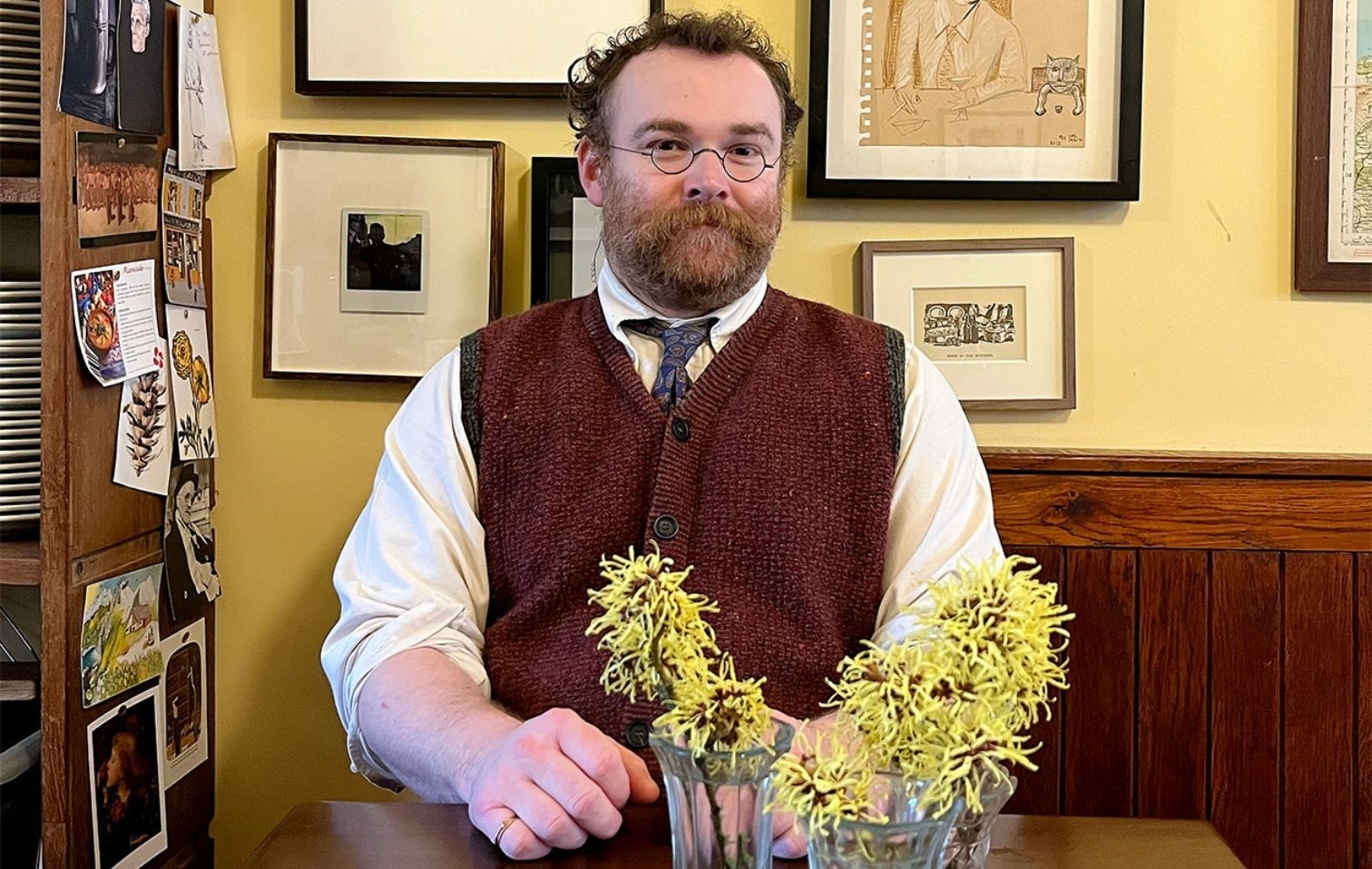In the heart of London, near King's Cross station, is a restaurant that, more than for its cuisine, seems to be known for the controversy it has stirred since its debut.
The Yellow Bittern, a small format with only 18 covers, certainly does not appear to be a place capable of sparking debate or inflaming the spirits of patrons. Yet the British restaurant has quickly become the focus of a controversy that has divided London. At the center of it all is chef Hugh Corcoran, known for his social media statements and outspoken political stances. The kitchen, while sticking to traditional, rustic dishes, has attracted the attention of food critics, chefs, and foodies not only because of the quality of the food, but also because of Corcoran's own irreverence-let's see how he has stirred up a good chunk of the city.
The class issue and controversy surrounding the restaurant
Since the restaurant's opening last October, the city has been crisscrossed by a wave of debates revolving around the issue of class and social categorization, as the New York Times reports. The restaurant accepts only cash payments, is open only on weekdays, welcomes guests by phone reservation only , and offers two lunch shifts at noon and 2 p.m. Some critics have noted that few Londoners can afford to spend around $300 for a meal in the middle of the day, during business hours, in a restaurant that is, moreover, strongly politically and ideologically connoted (the focus should be on food, but it is not, effectively undermining inclusivity).

This was compounded by the presence of a huge portrait of Vladimir Lenin, which sparked further controversy by prompting accusations of hypocrisy, given also Corcoran's tendency to call himself a “staunch communist.” The fiercest criticism was that the restaurant exemplified a “fetishization of working-class life,” as The Standard's food critic David Ellis commented, citing the contradiction between the “popular” cuisine on offer and the “excessive” prices of some dishes, such as a £20 stew accompanied by a £90 bottle of organic Burgundy.
Corcoran's response and the reception of the controversy
Corcoran, however, did not back down. In a post on Instagram, he responded harshly, criticizing customers who do not order alcohol or who split their entrees. “Restaurants are not public benches,”, he wrote, sparking an immediate reaction and further fueling controversy. “And the problem I've had in our restaurant is that people want to enjoy it, but not necessarily contribute to its economy by indulging in food and wine to spend." But, paradoxically, the controversy ended up fueling the success of the restaurant, which has seen personalities such as Nigella Lawson, Alice Waters, and chef David McMillan pass through its tables.

Back to politics, the chef also recently clarified his positions in an interview with Bon Appétit: “I know something about communism. I know something about revolutionary movements. I have followed the republican movements since I was a teenager in Ireland, I was in the backrooms teaching people Marxist theory. I lived through all that. I was arrested several times. My friends went to prison. I grew up with this."
The Yellow Bittern's cuisine: between rustic and refined
The menu at The Yellow Bittern reflects rustic, comforting cuisine that contrasts with the often excessive sophistication of London dining. Dishes such as the coddle, a sausage and potato stew, or the rabbit and guinea fowl savory pie, are emblematic of an idea of simple, hearty cuisine, far removed from the intellectual sophistication of many high-class restaurants. Yet the restaurant experience is not just about the food, but about hospitality and respect for the customer.

A restaurant of contradictions and paradoxes
Beyond criticism, The Yellow Bittern has managed to mark a new stage in London's gastronomic history. It hasbecome a symbol of the city's social and political contradictions, a restaurant that has been able to make people talk not only about its menu, but also about its message and worldview. In an age when dining is often synonymous with luxury and exclusivity, The Yellow Bittern defies convention and invites its customers to reflect on what they are eating, but also on the context in which they are doing so (however limiting and divisive; indeed, perhaps because of it).
Whether one shares Corcoran's philosophy or not, one thing is certain: The Yellow Bittern is not a restaurant one can ignore. And, controversial as it may be, it has found its place in 21st-century London.











